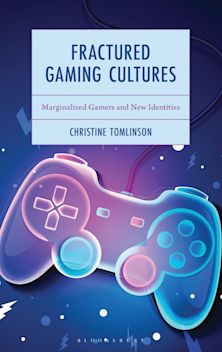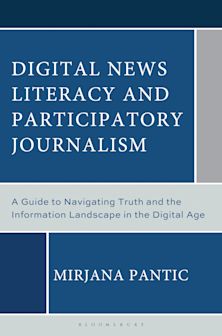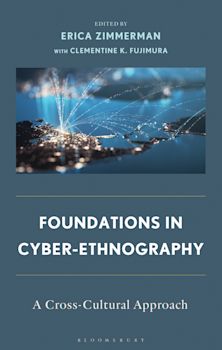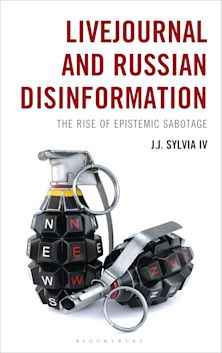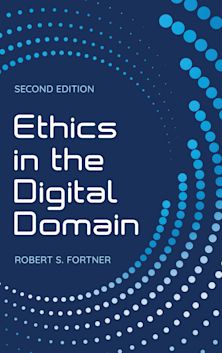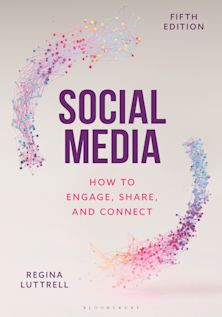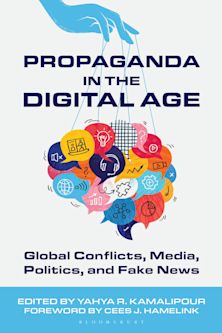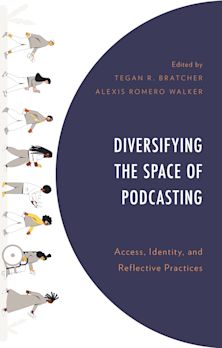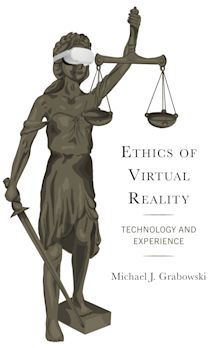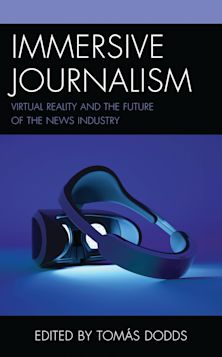Digital Worldbuilding and Ecological Readiness
Digital Worldbuilding and Ecological Readiness
This product is usually dispatched within 1 week
- Delivery and returns info
-
Free US delivery on orders $35 or over
Description
This book addresses how people in digital communities during the Anthropocene can become ecologically ready participants who are willing to build a flourishing relationship with the environment through a lens of community and care. The community-care paradigm is theorized as a way of understanding and living in the more-than-human world that is based on a relational ontology, situated knowledges, and ethics of care that takes individuals-in-communities as its basic unit of consideration. The author draws together disparate lines of inquiry—including ancient and contemporary rhetoric, media studies, ethical philosophy, and animal studies—to highlight how the digital discourses occurring in the Anthropocene can help illuminate the partial, processual, active, and rhetorical nature of flourishment of our bodies, our selves, and our environment. Each chapter of the book contributes to theorizing and illuminating how digital rhetorics can provide individuals with ecological readiness, the ability to craft more-than-human worlds of contingent wellbeing, and vulnerable flourishment
Table of Contents
Acknowledgments
Chapter 1: Introduction
Chapter 2: A Community-Care Paradigm for Ecological Readiness
Chapter 3: Worldbuilding Digital Rhetorics
Chapter 4: Disclosure
Chapter 5: Transformation
Chapter 6: Infrastructuration
Chapter 7: The Final (for Now) Analysis
Bibliography
About the Author
Product details
| Published | Oct 30 2023 |
|---|---|
| Format | Hardback |
| Edition | 1st |
| Extent | 218 |
| ISBN | 9781666915464 |
| Imprint | Lexington Books |
| Dimensions | 9 x 6 inches |
| Series | Environmental Communication and Nature: Conflict and Ecoculture in the Anthropocene |
| Publisher | Bloomsbury Publishing |
Reviews

ONLINE RESOURCES
Bloomsbury Collections
This book is available on Bloomsbury Collections where your library has access.












